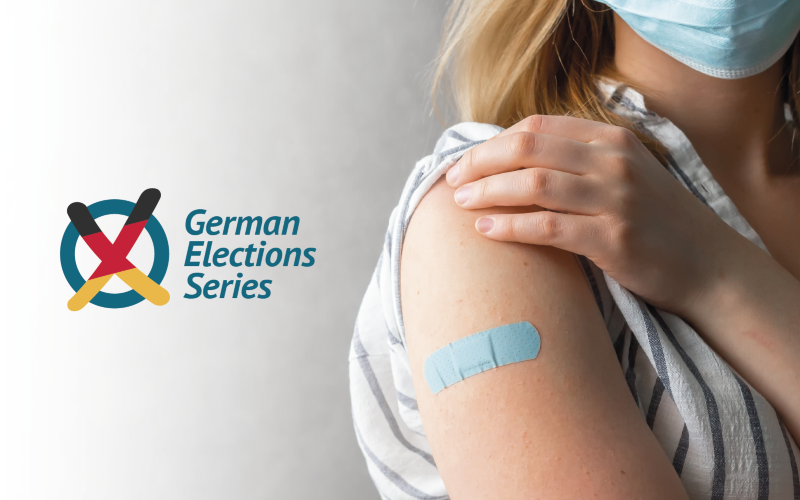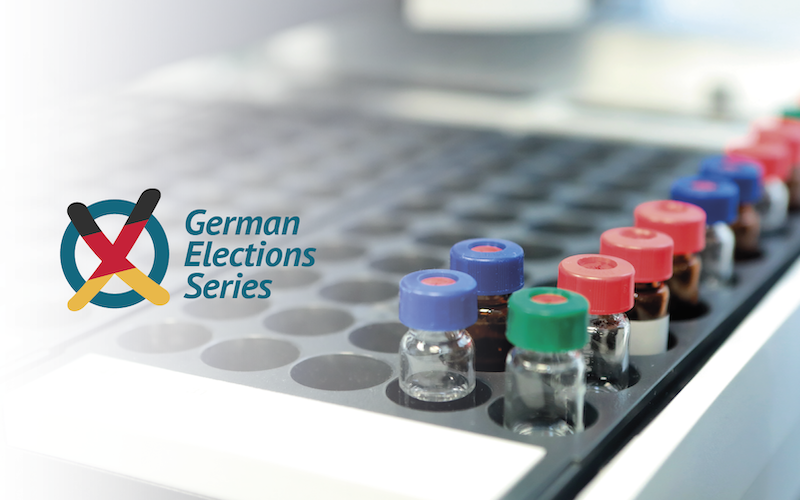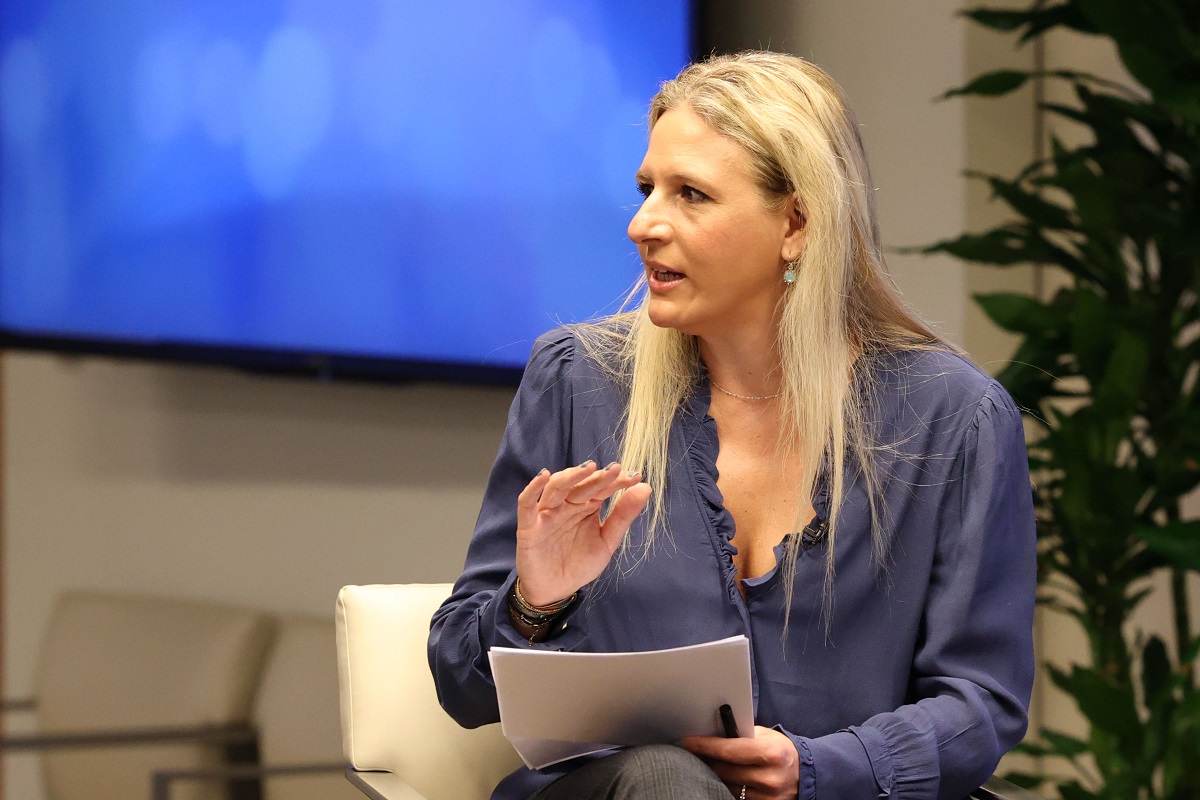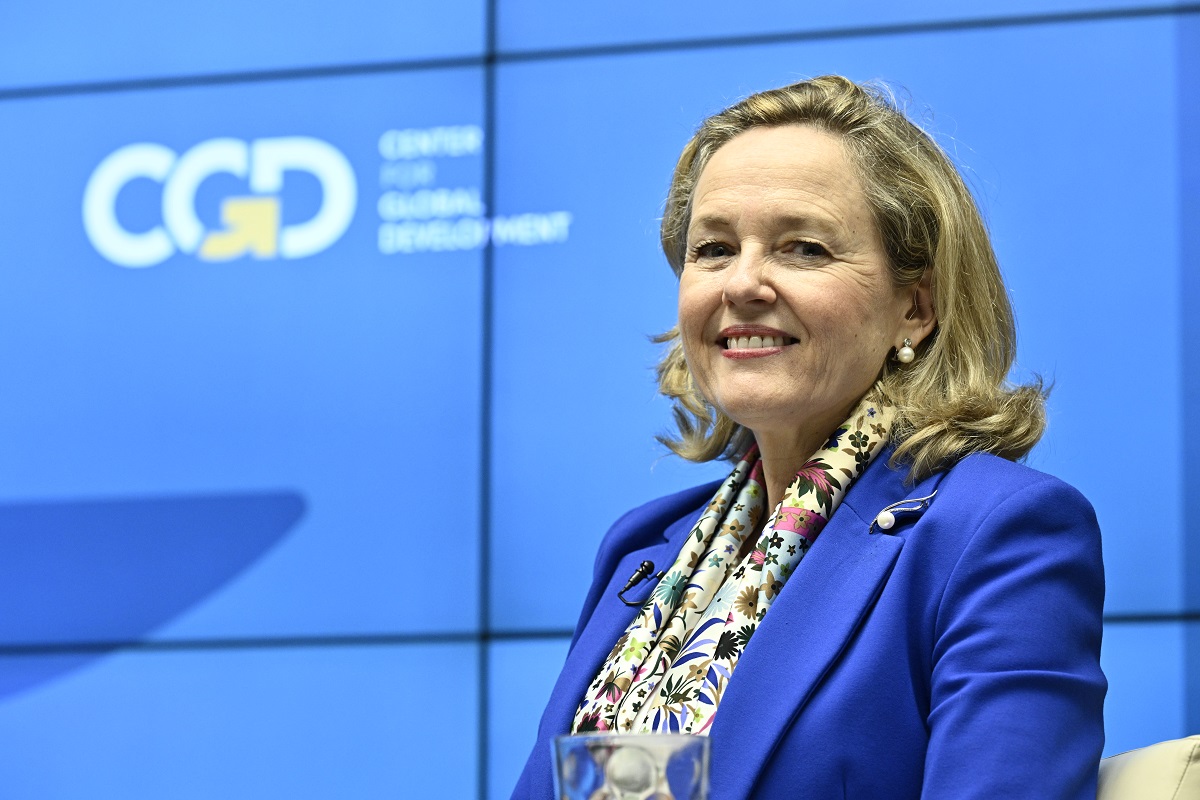Recommended
On September 26, Germans will be called to the polls to elect a new parliament. Its members will in turn choose a successor for Angela Merkel, whose chancellorship ends after 16 years in power. The end of this era presents a unique opportunity to reset some of Germany’s political priorities and implement new policies aiming to boost Germany’s leadership on development issues. The country’s new leadership will chair the G7 in 2022, a crucial moment to work towards resolving some of the most pressing global issues. Outside international fora, the new government should also implement a wide-ranging, more ambitious global development agenda. In this regard, CGD colleagues have worked with leading Germany-based researchers to develop specific policy proposals for the next German government across a wide range of topics vital for global development. These ideas will be published here over the next three weeks. As a starting point, this blog outlines the key priorities, funding trends and main actors of the current German development policy. In the next few blog posts, we'll introduces seven areas where the next government needs to step up.
Germany is a key provider of Official Development Assistance (ODA), the second largest globally in 2020 in absolute terms, and one of the few countries to meet the 0.7 percent gross national income (GNI) spending target on ODA. Most funding is disbursed as grants and ODA is mainly spent on middle-income countries (MICs). The latter is a main weakness of Germany’s aid spending; it’s been criticized for low spending on “under-aided” countries (most funding goes to “aid darlings'') and for the below average poverty focus of its aid spending.
With regards to public opinion, global development hardly makes any headlines in Germany and isn’t among the priorities brought forward by the main parties in the election campaign. However, the German public is generally supportive of international development cooperation as a main international policy priority. According to the latest Eurobarometer survey on the topic, 82 percent of German respondents think tackling poverty in developing countries should be one of the main priorities of the EU (third highest approval across all 27 EU countries) and 65 percent think it should be a main priority of the national government (sixth highest approval rate). This overall acceptance of international development cooperation is also reflected in the main parties’ election manifestos, with the CDU/CSU (Christian Democrats), SPD (Social Democrats), Gruene (The Greens) and die Linke (The Left) all committing to the 0.7 percent GNI on ODA spending target. And while this spending target is absent from the FDP’s (Liberals) manifesto, they call for 0.2 percent GNI spending on Least Developed Countries (LDCs) (as do the SPD). While many parties specify new or renewed development policy priorities in their manifestos, the strategy documents are generally scarce on details about potential changes in the institutional architecture of the German development policy. They also generally don’t go into detail on how a future government could improve the quality of its aid, a need highlighted by international benchmarking systems (for instance here and here). In this regard, Rachael Calleja (CGD) and Heiner Janus (German Development Institute/DIE) will present ideas on how the next German government can improve aid effectiveness.
Despite Germany’s important financial contribution to global development, the country is not perceived as a global development leader or standard setter amongst donors.
Since the last federal election, the budget of the Federal Ministry for Economic Cooperation and Development (BMZ), the actor responsible for defining development policy priorities, has increased drastically. Irrespective of the outcome of the elections, BMZ Minister Gerd Müller has announced his departure from national politics. Hence, the future new leadership should take the opportunity to rethink Germany’s institutional set-up on international development cooperation, a system which currently doesn’t lend itself to a whole-of-government approach. The institutional architecture makes it difficult to tackle the global challenges the sector faces. Currently, the country mainly disperses its funding bilaterally, an approach partly related to the important role both GIZ, Germany’s implementation agency, and KfW, the state-owned development bank, play in Germany’s institutional architecture. However, despite Germany’s important financial contribution to global development, the country is not perceived as a global development leader or standard setter amongst donors. There are a few reasons for this. As part of the series, Adolf Kloke-Lesch (DIE), former Managing Director of GIZ, will outline how Germany’s institutional setup can be improved for the country to play a bigger role in international development. In addition, Mikaela Gavas (CGD) and Svea Koch (DIE) will analyze why the country doesn’t play a bigger role in shaping EU development policy, despite its important contributions to the EU’s budget and its foreign policy weight.
In 2020, BMZ presented its reform strategy 2030 which was created as a long-term strategy. Hence, it is likely to remain important in outlining key priorities even after the elections. The strategy defines five core areas and ten initiative themes of development cooperation and revisits partnership countries by cutting the number of bilateral partner countries from 85 to 60. In addition to the strategy, the fight against the COVID-19 pandemic and its devastating effects on many partner countries has become a major priority for BMZ and other ministries. Germany is one of the largest funders of the COVID-19 ACT Accelerator initiative and has channeled significant amounts of funding through BMZ’s Emergency COVID-19 Support Programme. These efforts complement BMZ’s renewed efforts on global health as outlined in its “One Health” Strategy (one of the ten initiative themes) published in early 2021. What more needs to be done? Janeen Madan Keller (CGD) and Katri Bertram (PFI) discuss opportunities for the next German government on global health and outline areas where progress on effectiveness and coherence is needed. Amanda Glassman will present ideas and approaches on how Germany can step up on financing for pandemic preparedness in the future.
While the global pandemic has had a negative effect on most areas of global development, it has disproportionately affected women and girls around the world and exacerbated pre-existing gaps between women and men in areas such as labor market participation, access to finance, health services and social protection. Megan O’Donnell (CGD) and Alisa Kaps (Deutsche Stiftung Weltbevölkerung/DSW) present ideas on how the new German government can step up as a global leader promoting a gender-inclusive recovery from the pandemic. They will also outline what steps need to be taken for a more coherent approach to gender as a cross-cutting dimension of global development policy.
At a time when donors are caught between trying to meet the increasing demand for country-based provision of aid and the need to contribute to global public goods, the next German government will have some important choices to make. The devastating flooding in Germany earlier this summer illustrated painfully that climate change mitigation and adaptation can’t wait. The upcoming COP26 and Germany’s G7 presidency next year present two important milestones for the provision of major climate finance commitments. Ian Mitchell (CGD) and Jule Könneke (E3G) highlight what’s required from German leadership on climate and propose ideas for climate-based economic reform so urgently needed.
Regardless of which party or coalition German voters choose, the new Chancellor and their team have a unique opportunity and responsibility to improve German development policy, with potentially huge benefits for less wealthy countries. Stay tuned as we will continue to publish ideas for Germany’s new leadership even beyond election day.
Disclaimer
CGD blog posts reflect the views of the authors, drawing on prior research and experience in their areas of expertise. CGD is a nonpartisan, independent organization and does not take institutional positions.









